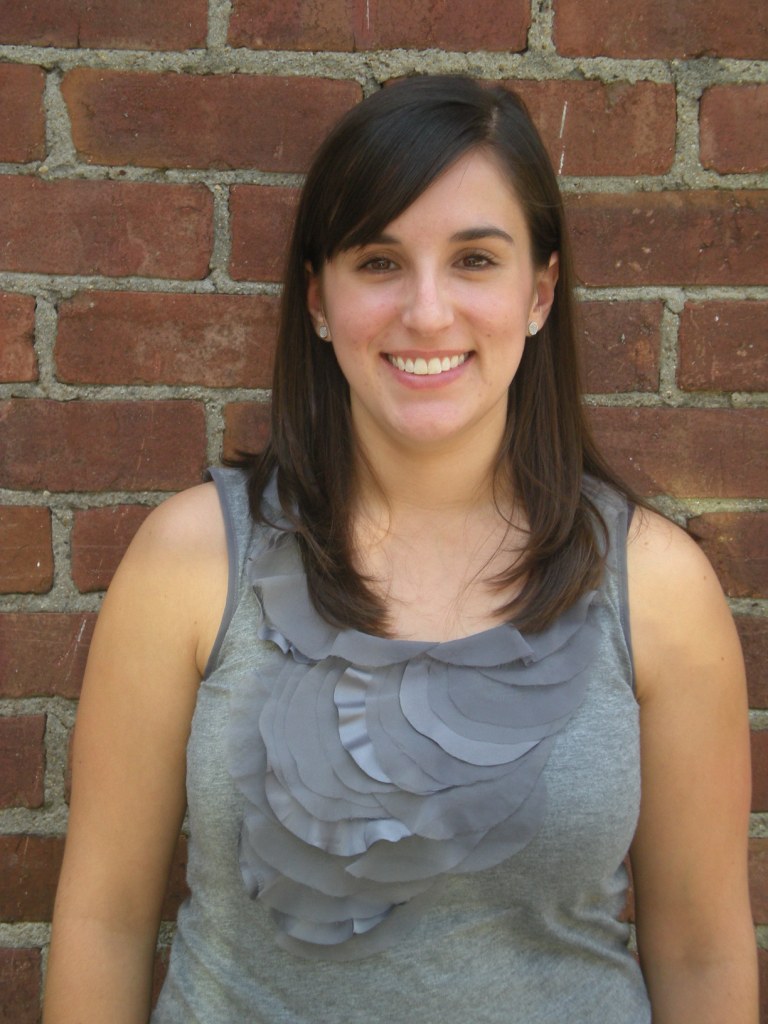Kati Joseph
Capstone Project Committee: Adam Buchanan, M.S., CGC; Nancy Callanan, M.S., CGC; Robin King, M.S., CGC; Tracey Leedom, M.S., CGC; Scott Richter, Ph.D.
Background: Nearly all individuals who seek genetic counseling for an indication of hereditary breast and ovarian cancer (HBOC) syndrome are female. Yet, in recent years studies focusing on the experience of males who have genetic counseling for HBOC have shown unexpected psychosocial needs and expectations that may differ from female patients.
Purpose: In light of these findings, this study aims to determine whether genetic counselors utilize National Society of Genetic Counselors (NSGC) guidelines for HBOC counseling similarly for their male patients as they do for their female patients. Given the prior data that show unique psychosocial needs and concerns for male patients seeking HBOC, we hypothesized that use of guidelines might differ between male and female patients.
Methods: An anonymous online survey, which was pilot tested with a small sample of genetic counselors, was emailed to the general NSGC listserv. Participants were required to be current or former cancer genetic counselors and must have seen at least one male patient for HBOC.
Results: Two hundred fourteen cancer counselors answered the 55-item survey of their experiences with male patients and the utilization of professional guidelines for male and female patients. Crosstab analysis was used to determine utilization frequency of guidelines for male and female patients. Respondents reported that they use the guidelines with similar frequency for male and female patients. The majority of respondents (56%) did not feel that there were counseling issues specific to males that should be included in the guidelines and therefore reported that HBOC counseling for male and female patients is largely similar. However, 40% of participants answered “unsure” when asked about counseling issues for male patients not included in the guidelines.
Conclusion: These results suggest that there is room for expansion about our knowledge of males evaluated for HBOC, including future studies examining the needs and expectations of male patients seeking genetic counseling and a comparison of self-reports from male patients with the results of this study.
